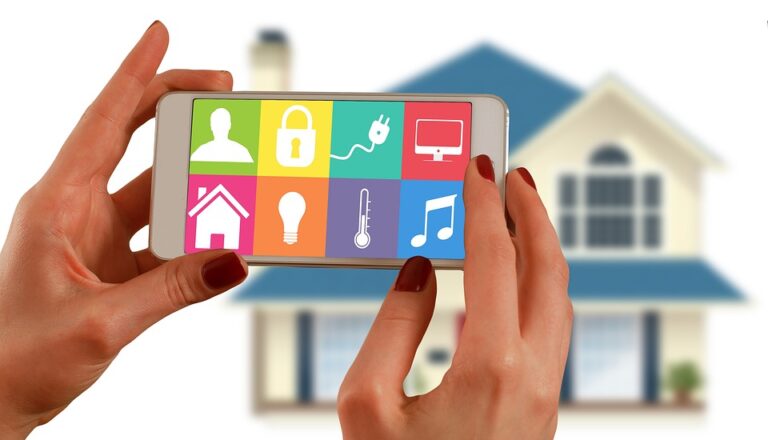Embracing the Future: How Smart Home Technology is Transforming Daily Living
In an era where convenience and efficiency dictate our lifestyles, smart home technology has emerged as a game changer. With its seamless integration into our daily routines, this innovative technology is transforming how we live, work, and interact within our homes. From enhancing security to optimizing energy use, smart home technology is not just a trend; it’s the future of living.
What is Smart Home Technology?
Smart home technology refers to a suite of devices and systems designed to automate and control various household functions, often remotely via smartphones or tablets. Key components include smart lighting, smart thermostats, home security systems, and smart appliances. According to recent studies, the smart home market is projected to reach $174 billion by 2025, demonstrating a rapid rise in consumer interest and investment in these technologies.
The Growth of Smart Home Technology
Data shows that nearly 30% of households in the United States own at least one smart device, and this number is expected to keep rising. The evolution of smart home technology correlates with advancements in the Internet of Things (IoT) and artificial intelligence (AI), allowing devices to communicate and perform tasks autonomously.
This technology is rapidly becoming an integral part of daily life, offering numerous benefits that cater to modern demands for comfort, security, and energy efficiency.
Enhancing Daily Living with Smart Home Technology
1. Convenience and Automation
One of the most attractive aspects of smart home technology is its ability to automate routine tasks. Imagine arriving home after a long day, and with just a voice command, your lights turn on, the thermostat adjusts to your preferred temperature, and your favorite playlist begins to play.
For example, smart appliances like washing machines and refrigerators can also notify you when your laundry is done or when you’re running low on groceries. This level of convenience not only saves time but also enhances the overall quality of life.
2. Improved Energy Efficiency
Smart home technology plays a pivotal role in helping homeowners manage their energy consumption effectively. Smart thermostats, like the Nest Learning Thermostat, can learn your schedule and preferences, adjusting heating and cooling settings accordingly. According to Energy Star, homeowners can save 10-15% on heating and cooling bills by using smart thermostats.
In addition, smart lighting systems allow you to control lights remotely, ensuring they are turned off when not needed. By integrating these smart systems, users can significantly reduce energy waste while lowering their utility bills.
3. Enhanced Security
Home security is a top priority for most homeowners, and smart technology offers advanced solutions. From smart locks to video doorbells, these devices provide real-time alerts and remote monitoring. Statistics reveal that homes with security systems are 300% less likely to be burglarized than those without.
Using smart home security systems, homeowners can monitor their property from anywhere in the world, receiving notifications for unusual activities and enabling remote access to their home. This level of control provides peace of mind, particularly for those concerned about the safety of their loved ones and belongings.
The Future of Smart Home Technology
The advancements in smart home technology are just beginning. Future innovations may include further integration of AI, allowing devices not only to respond to commands but also to anticipate user needs based on patterns and preferences. This will lead to more intuitive home environments.
Potential Challenges
Despite its numerous benefits, the adoption of smart home technology comes with challenges, primarily concerning privacy and security risks. As homes become increasingly connected, the potential for cyber threats grows. It’s crucial for homeowners to invest in secure systems and stay informed about best practices for protecting their digital environments.
Conclusion
Smart home technology is undeniably transforming daily living by enhancing convenience, improving energy efficiency, and ensuring safety. As we embrace these advancements, it’s essential to stay aware of the potential challenges associated with this technology. The future of living is here, and by integrating smart home systems, we can look forward to a more connected, efficient, and secure home environment.
For more insights on the latest in home technology and how to make your living space more efficient, check out these articles on Buzzo.live:
- The Ultimate Guide to Smart Security Systems
- Maximizing Energy Efficiency with Smart Devices
- Top Trends in Home Automation for 2024
For additional information on smart home tech advancements, consider reviewing resources like the Consumer Technology Association and Energy Star. Embrace the future of living and take your home experience to new heights with smart home technology!

Alt text: Smart Home Technology featuring a smart thermostat and lighting system.

Alt text: Smart home security system with video doorbell and smart lock.


